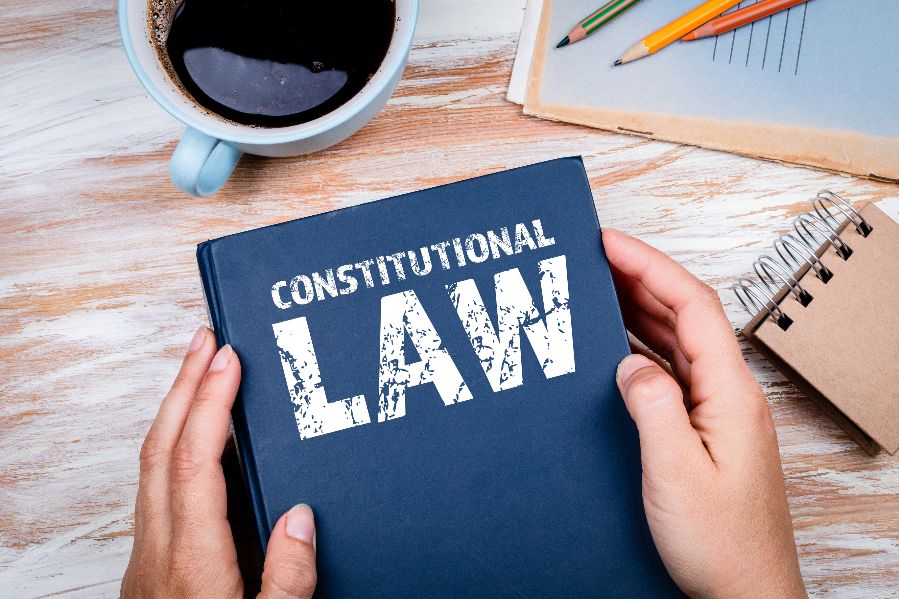
Constitution(al) matters

The recent scandal involving the wrongful prosecution of over 700 Postmasters and Postmistresses across the UK has dominated the media for the last few weeks.
The issue poses a particular problem for the authorities in Scotland, focusing on the involvement of the prosecution service. In Scotland the Crown Office carries out the duties of the Crown Prosecution Service and the Attorney General in England. Demands are now being made to see what steps the Crown Office took to investigate the safety of the prosecutions brought against Scottish Postmasters.
This has forced a wider issue onto the agenda once more, namely the call for a review of the role of Crown Office in Scottish affairs, which is being championed in the House of Commons by Joanna Cherry, SNP MP and King’s Counsel.
Historically, all prosecutions in Scotland are brought in the name of the Crown, and decisions about whether or not to prosecute specific instances of purported criminality are solely in the remit of the Crown Office. Whether or not the Crown Office is truly separate from Government is the issue. It is a cardinal principle of our constitutional democracy that there is a separation between the Executive (Government), the Judiciary (in Scotland, the Court of Session, the country’s supreme civil court), the High Court of Justiciary (Scotland's supreme criminal court), and Parliament (the elected MSPs in the Scottish Parliament building at Holyrood).
Since devolution, a number of issues have arisen which have caused various academics and intellectuals to question whether or not the role of the Crown Office is truly independent of the Executive. In particular, the Alex Salmond affair.
Now, Ms Cherry is proposing to do away with the office of the Crown Office and to substitute a fresh unit which would carry out in Scotland the duties presently dealt with in England by the Crown Prosecution Service and the Attorney General (for civil matters). It remains to be seen whether or not there is an appetite for such change, which would arguably provide a more transparent picture and more clearly define the separate roles of Parliament, the Executive and the Judiciary.
While all this is going on, the UK Government at Westminster is engaged in attempting to undermine the recent decision of the UK Supreme Court on the legality of the Rwanda scheme (under which asylum seekers would be sent to Rwanda to have their claims decided there).
Some might say these changes represent an undermining of our Constitution. The principles of the unwritten conventional law are that no one arm of State has power over the other.
Where the Executive (UK or Scottish Governments) seeks to ride roughshod over the Judiciary, lawyers should not be slow to point out the inherent dangers. The stability of the State depends on the balancing of these powers. Indeed some commentators have gone so far as to suggest that the UK Government’s behaviour threatens the rule of law itself. It is concerning that our constitutional arrangements are being threatened so fundamentally. It remains to be seen how voters will react to this at the forthcoming election. A government that does not seem to understand its place in the democratic process would normally expect to be challenged by the electorate.
Email David Harris
Call us free on 0808 560 0872
Arrange a callback by using our enquiry form
Share this page

